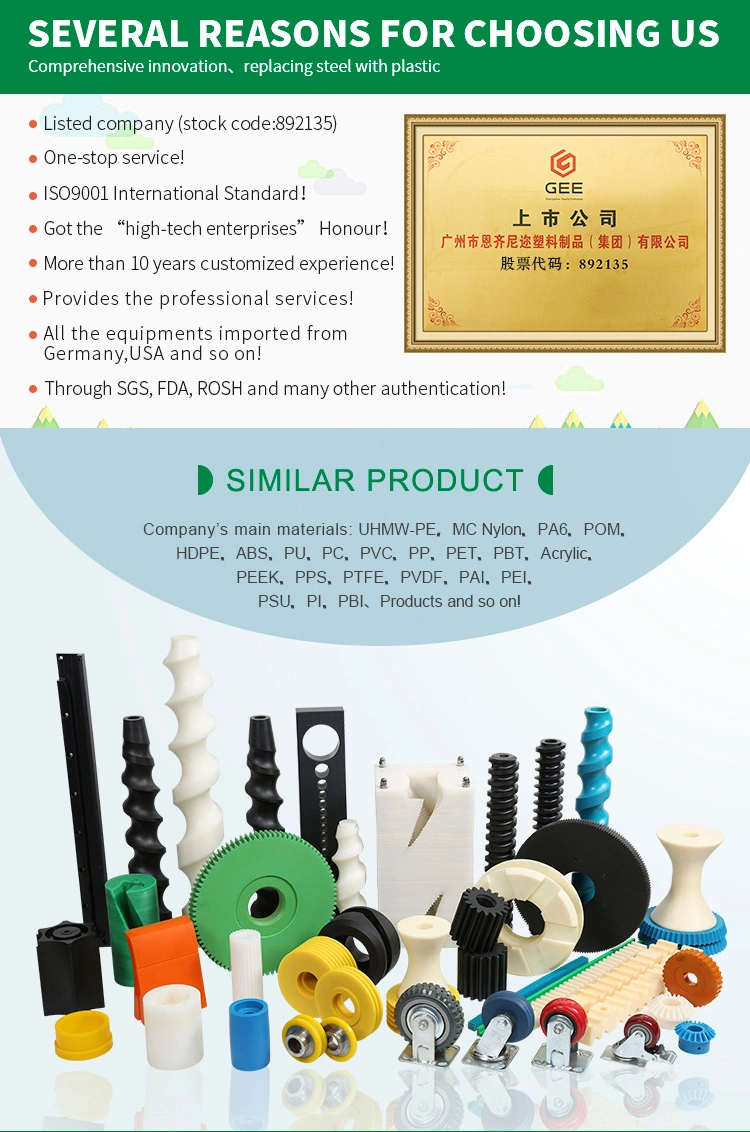
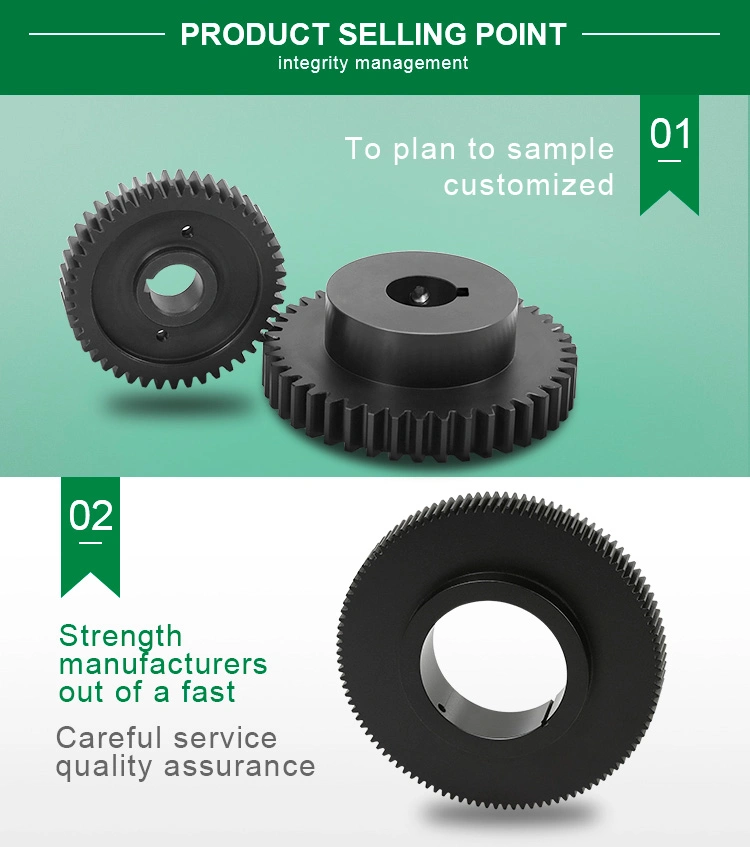
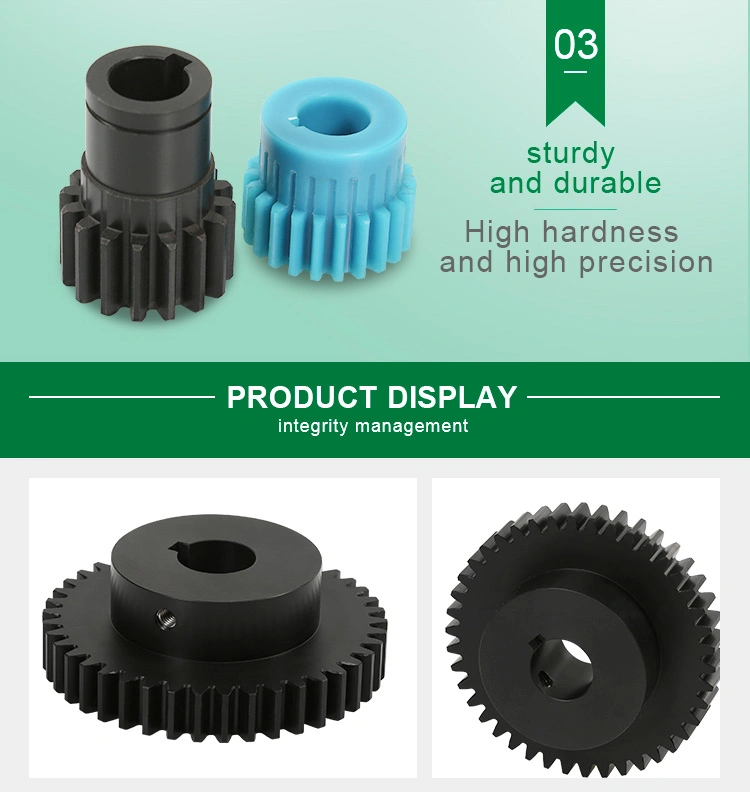
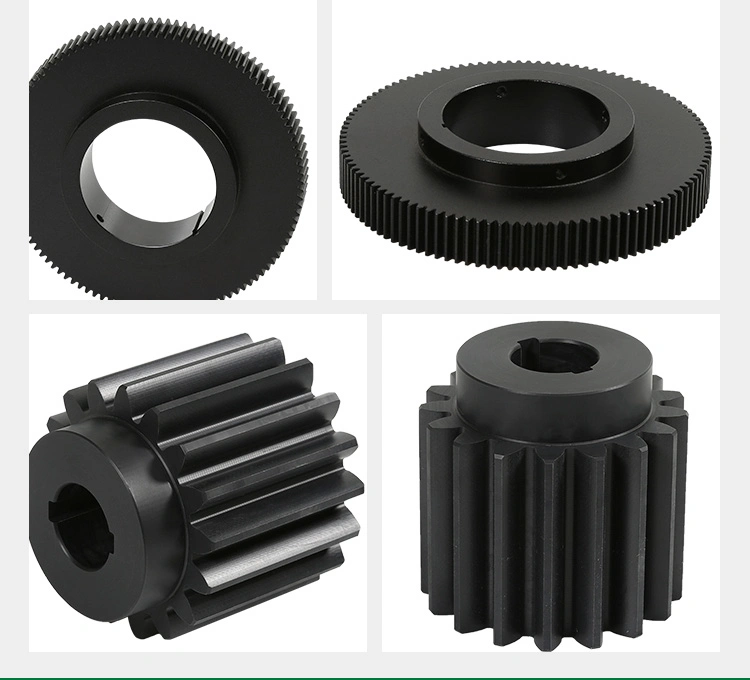
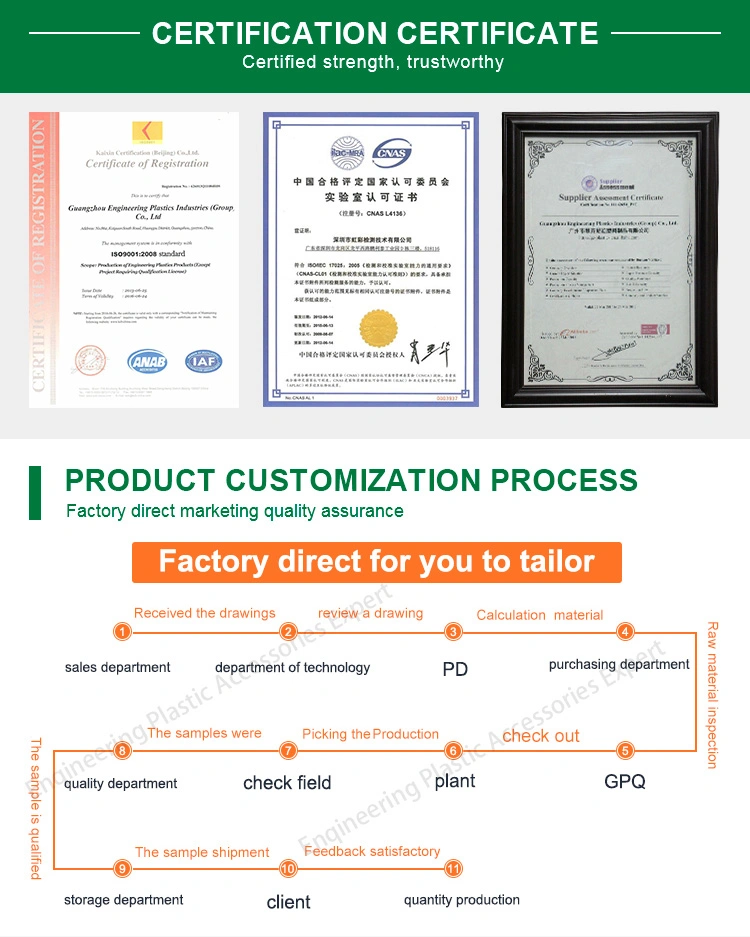
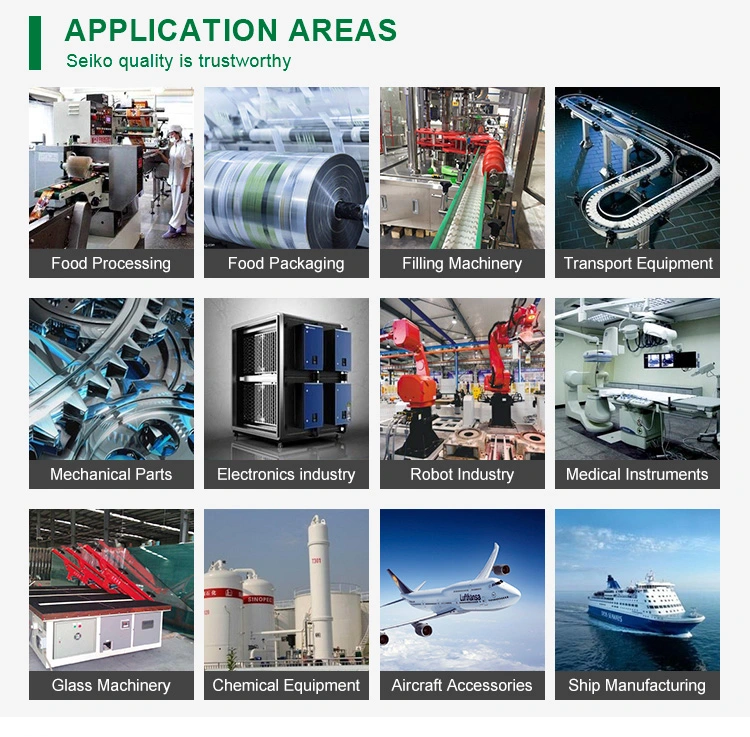
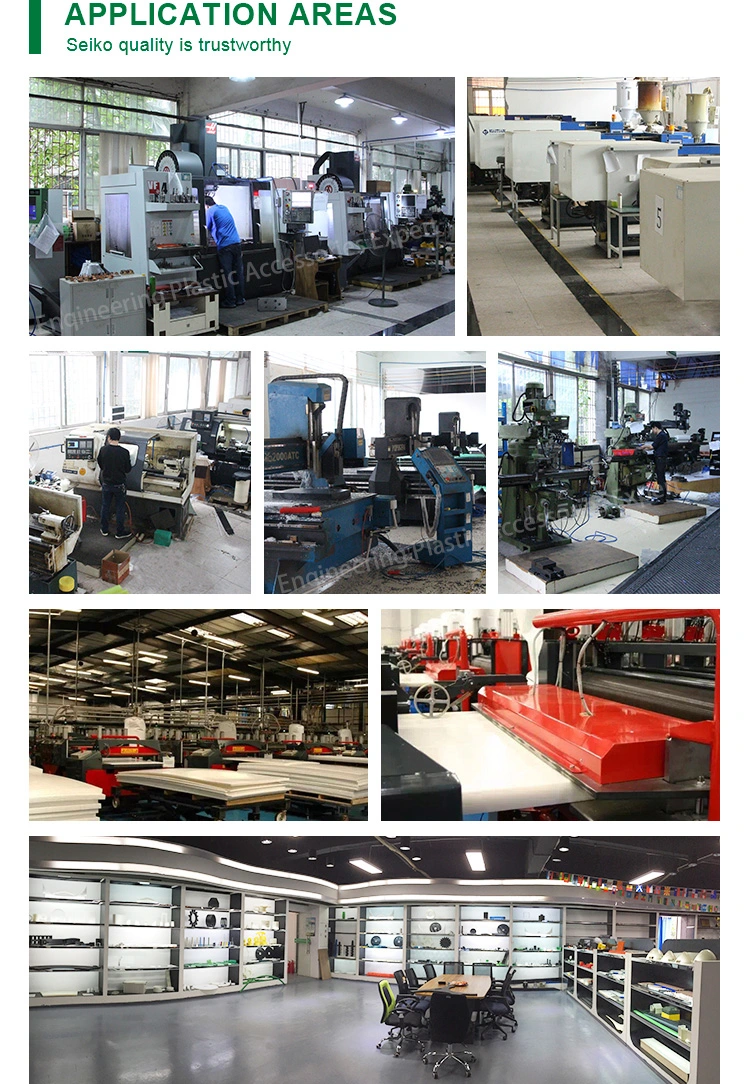
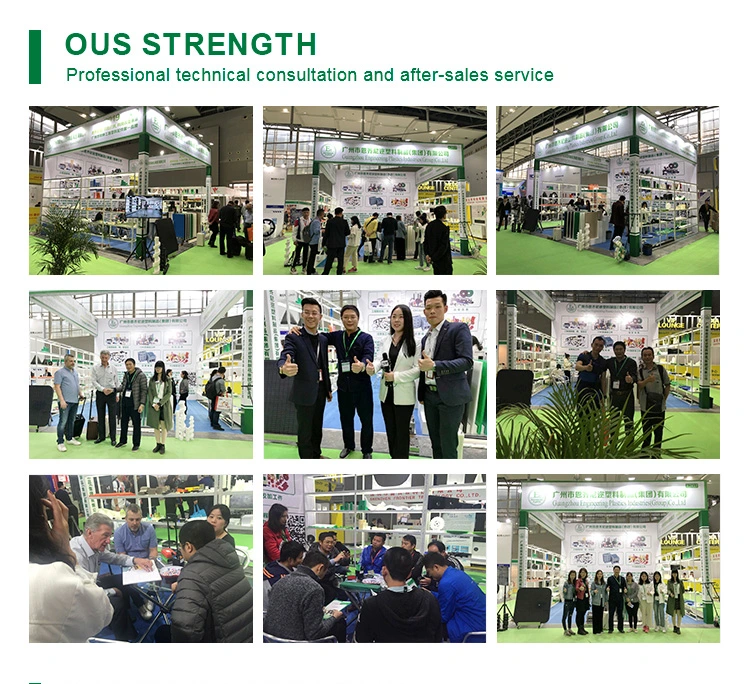
 Wear-resistance POM gears bevel gears
Wear-resistance POM gears bevel gearsDescription:
POM (Full-name: Polyformaldehyde), is a engineering plastics of non-side-chain, high density, high crystalline and linear polymer, which is praised "Plastic Steel", and has comprehensive excellent performances, such as: wear-resistance, high hardness, anti-impregnant, good rigidity (Tensile modulus of elasticity), chemical stability, isolation resistance and dimensional stability.
POM has widely applied in Automobile industries, electronic and electric products, commodity, pipeline & fittings, exact apparatus and so on, which can be instead of the bronze, Zinc, tin and other metals.
Except POM-H, is often copolymerized with ethylene oxide together, in order to avoid the melting of POM material in the high temperature. POM-H has the better performances than POM-C in its high crystalline, mechanical strength and rigidity.
And POM-C has the better performances than POM-H in its low melting point, temperature stability, fluxion characteristic and machining capability.
Father more, POM-H+PTFE, which is made from the Delrin POM Resin that maxed Teflon fiber symmetrically, has the low co-efficient of frication, good lubrication, wear-resistance, non-creepage resistance.
Material parameter table:
| Property | Item No. | Unit | POM-C | POM-H | POM-H+PTFE | |
| Mechanical Properties | 1 | Density | g/cm3 | 1.41 | 1.43 | 1.50 |
| 2 | Water absorption(23ºC in air) | % | 0.20 | 0.20 | 0.17 | |
| 3 | Tensile strength | MPa | 68 | 78 | 55 | |
| 4 | Tensile strain at break | % | 35 | 35 | 10 | |
| 5 | Compressive stress(at 2%nominal strain) | MPa | 35 | 40 | 37 | |
| 6 | Charpy impact strength (unnotched) | KJ/m2 | ≥150 | ≥200 | ≥30 | |
| 7 | Charpy impact strength (notched) | KJ/m2 | 7 | 10 | 3 | |
| 8 | Tensile modulus of elasticity | MPa | 3100 | 3600 | 3200 | |
| 9 | Ball indentation hardness | N/mm2 | 140 | 160 | 140 | |
| 10 | Rockwell hardness | - | M84 | M88 | M84 | |